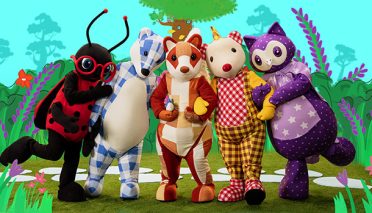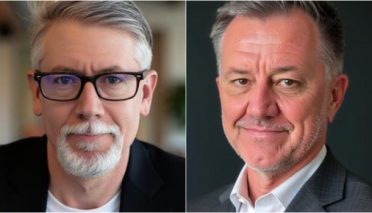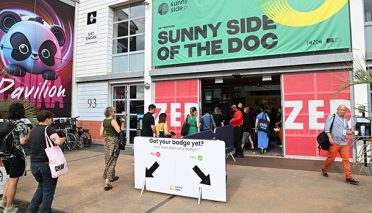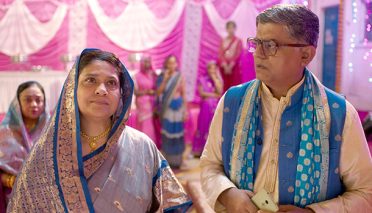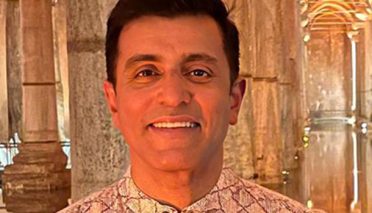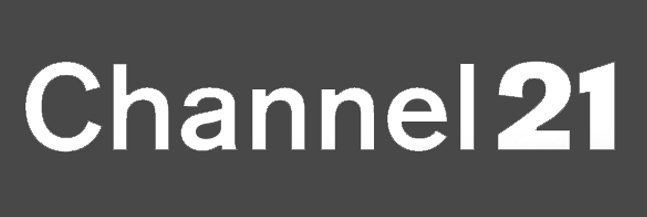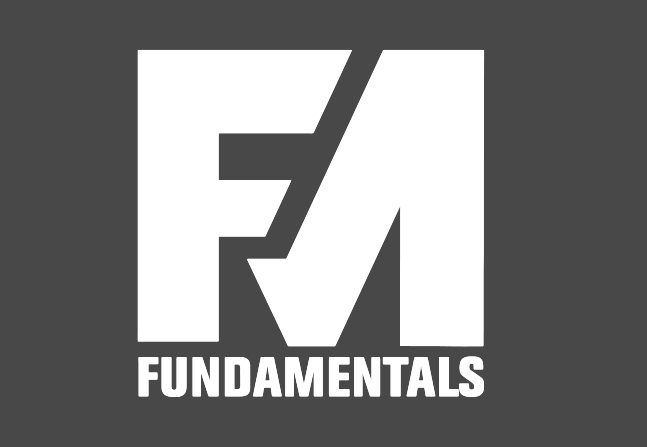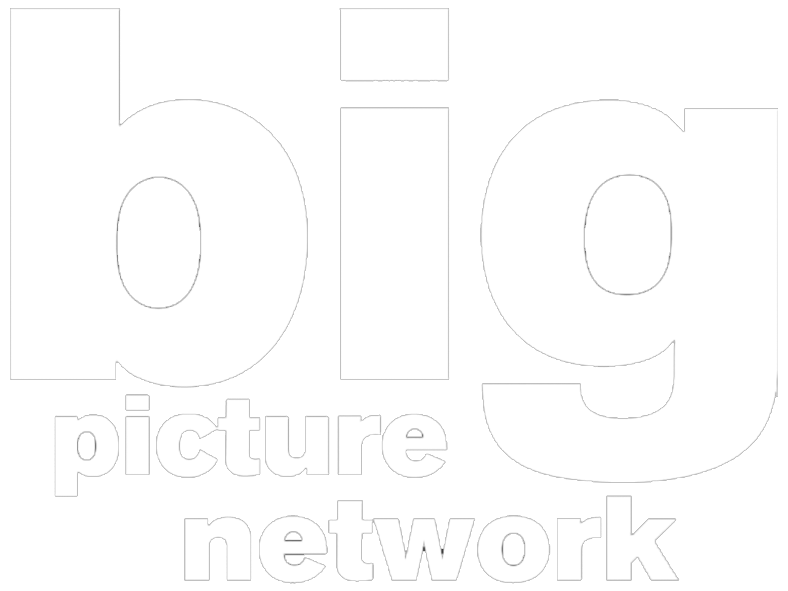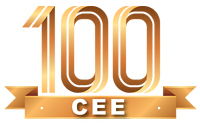 The Lithuanian public broadcaster LRT is maintaining its linear audience share while also operating a successful streaming platform, says director general Monika Garbačiauskaitė-Budrienė.
The Lithuanian public broadcaster LRT is maintaining its linear audience share while also operating a successful streaming platform, says director general Monika Garbačiauskaitė-Budrienė.
Since 2018, when Monika Garbačiauskaitė-Budrienė assumed her role as director general (DG) of LRT, the Lithuanian public broadcaster has been holding strong in a crowded media marketplace.
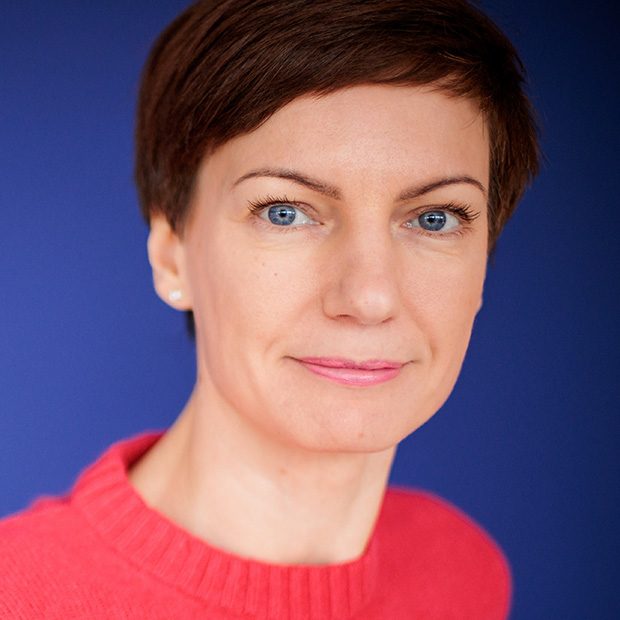
Monika Garbačiauskaitė-Budrienė.
In that time, LRT has gone from third place to second among the leading TV channels, with a share of 13.1%. This was behind commercial broadcasters LNK and TV3, which claimed 16.4% and 17.8%, respectively, in 2018. Yet, by 2023, LRT reached 13.3%, while LNK and TV3 both saw their shares fall to 13.2% and 14.5% respectively.
In that time, Garbačiauskaitė-Budrienė has undertaken several reforms at the public broadcaster and says the fact that LRT’s share of the linear audience has remained stable over the last five years is “what we are proud about.”
LRT currently operates three TV channels: the flagship LRT Televizija; LRT Plius, which offers cultural, sport and documentary programming; and LRT Lituanica, targeting the Lithuanian diaspora and showing only Lithuanian programming. In addition, it operates three radio stations and is number three in the radio market.
In addition, in May last year LRT launched a VoD platform named Epika, which is an integral part of its news and information website, according to Garbačiauskaitė-Budrienė.
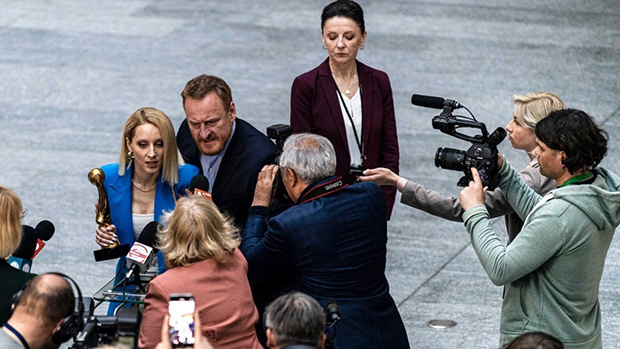
LRT enjoyed success with five-part drama series Troll Farm
“We had on-demand content before but now it’s packaged differently,” she says. Indeed, it doesn’t look like a news site, more like a streaming service such as Netflix, according to the DG.
Epika is free to receive and its content includes movies and TV series, with the addition of longer TV programmes planned in the future. According to Garbačiauskaitė-Budrienė, it currently has 55,000 users.
Looking back on 2023, Garbačiauskaitė-Budrienė says it was turbulent year for LRT because it took half a year for its governing council to re-appoint her as DG, as the vote was equally split between the 12 members. Garbačiauskaitė-Budrienė was eventually re-elected for a further five-year term.
On the content front, LRT enjoyed success last year with the five-part drama series Troll Farm. Produced by Dansu Productions and backed by LRT, the Lithuanian Film Centre and Telia Lietuva, it was shown by both LRT and the streaming service Telia Play. Furthermore, the worldwide rights to the series, excluding Lithuania and Estonia, were subsequently acquired by the Mumbai-based global distributor GoQuest Media.
“We will have more examples of this cooperation because producing content is expensive and the Lithuanian market is not large,” notes Garbačiauskaitė-Budrienė. “And we do have other plans in the future for financing TV series or movies with the Lithuanian Film Centre and with Telia.”
In another important development, LRT and TV3 Group signed an agreement with sports rights outfit Saran Media Group in 2023 securing an extension to the free-to-air and pay TV EuroLeague basketball rights. As a result, LRT will continue to show games from the league on LRT Televizija, LRT Plius and on its LRT.lt portal.
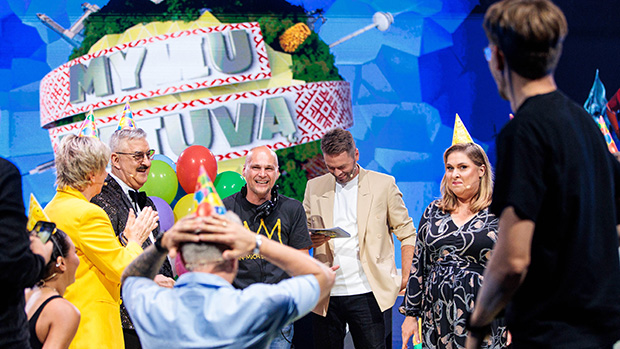
LRT has bought ITV Studios’ I Love My Country
Last year also saw LRT broadcast the NATO Summit, which was held in the Lithuanian capital, Vilnius. “I would like to stress,” says Garbačiauskaitė-Budrienė, “that live broadcasting of events is a strong side of LRT. It’s something very important that we do. General news is a very big emphasis for us. We have about eight hours of news daily, both on radio and TV.”
Speaking more generally about content, Garbačiauskaitė-Budrienė says: “It’s obvious that the competition and demand for content is growing and content is getting more expensive. And producers, especially in the US, are not keen to sell the content to our VoD platform, which is free of charge. But we keep negotiating.”
Significantly, rather than producing local content itself LRT purchases it from the market by annual public procurement. According to Garbačiauskaitė-Budrienė, LRT is the biggest contributor to the audiovisual sector in Lithuania and the procurement process is regulated by the law and very strict. Typically, LRT receives bids from around 100 companies who supply between 200 to 300 projects. It goes on to broadcast 60-70 original programmes per season across several genres, including culture, education, entertainment and talkshows.
Garbačiauskaitė-Budrienė states: “We try not to stick to the same companies; we have to give the same conditions for everyone to participate. And what we try to do is also work actively ourselves. We communicate with producers and encourage them to come to this competition. We encourage young creators to come because we need new ideas and new content.”
News and live broadcasting remain “main pillars” for LRT, says Garbačiauskaitė-Budrienė, and the broadcaster is also looking for more educational content and comedy. Interestingly, one of its most popular programmes, aside from the news, is the quizshow Golden Minds, which has inspired commercial TV stations to follow suite with their own shows.
She also points out that when something important is happening in Lithuania or the world people switch on LRT rather than the commercial stations, LNK and TV3, despite the latter having the most popular news programmes.
Furthermore, LRT is involved in the annual Eurovision Song Contest, with the finals being the most watched show across all of Lithuanian TV.
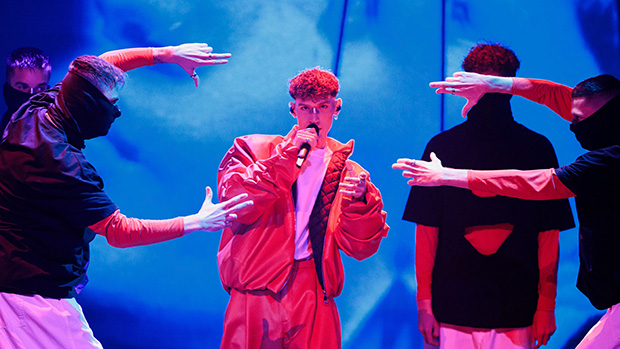
The Eurovision Song Contest is the most watched show across all of Lithuanian TV
In addition, it is trying out the ITV Studios format I Love My Country, which is performing very well as a local production, and looking to coproducing with the Estonian public broadcaster – something it already does with Poland’s TV Polonia.
Garbačiauskaitė-Budrienė also emphasises that cooperating with other European Broadcasting Union members is important for LRT and it contributes much more to the Eurovision news exchange than before. As well as this, it recently contributed to a six-part documentary, along with the public broadcasters RTBF (Belgium), RAI (Italy), SWF (Switzerland), ORF (Austria) and the BBC (UK), entitled Women of Science.
Garbačiauskaitė-Budrienė believes that LRT and the wider TV industry in Lithuania must adapt to trends, one of which is increasingly fragmented audiences. There is also competition from tech giants and streamers and “audiences in general are overwhelmed by the amount of content” that they find on social media, with less produced in a linear way and more in an on-demand way. “These are the challenges and we need to adapt,” she adds.
As a public broadcaster LRT also faces specific challenges, including managing political interest groups at the station. Furthermore, its audience is “educated and very demanding.”
Perhaps not surprisingly, Garbačiauskaitė-Budrienė identifies another challenge, not just for LRT but all media: attracting young audiences. “This is one of our strategies,” she adds, with a further challenge being “engaging audiences that have not used LRT before. This is a very difficult task.”
She is also of the view that the Lithuanian content distribution market, as a whole, is not only very competitive but also too crowded. While she’s pleased that LRT is maintaining its audience share and vying for second place with LNK, she concedes that it still has work to do with Epika in a streaming sector in which Go3 and Telia Play are also key players.
Looking to the future, Garbačiauskaitė-Budrienė says LRT wants to better target its audience, whether on radio or TV. The company also plans to restructure and function differently, as well as being “definitely oriented towards digital.”



